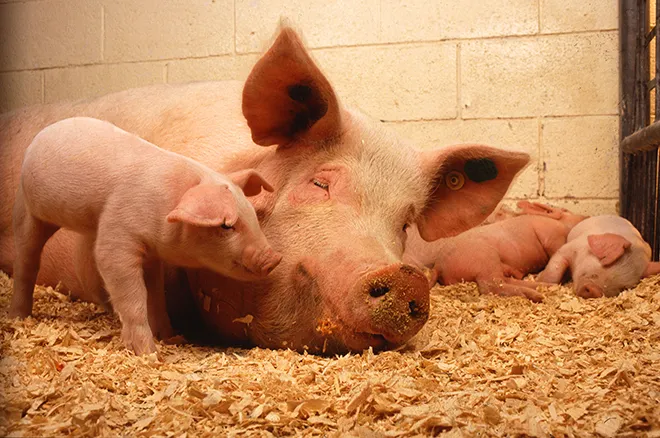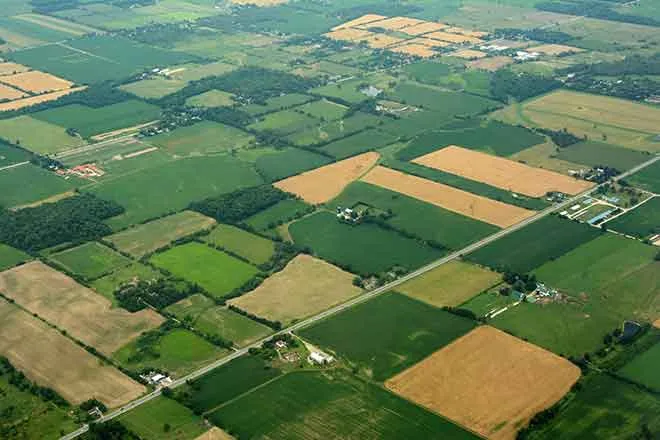
Montana's agriculture industry becomes more consolidated
Click play to listen to this article.
(Big Sky Connection) Advocates for a fair, sustainable and healthy food system have released a report showing increasing consolidation in Montana's agriculture sector.
Economists said such conditions can lead to market manipulation. The report from the advocacy group Farm Action showed 85 percent of the beef raised on U.S. farms, including in Montana, is produced by four companies: Cargill, JBS USA, National Beef and Tyson Foods.

© iStock - denizbayram
Angela Huffman, president of Farm Action, said the concentration in the ag industry is happening all the way from farm fields to the consumer's plate, and she warned it creates the potential for artificial price controls.
"This is the scenario in almost every sector of the food supply chain," Huffman pointed out. "Seeds, fertilizer, farm equipment, beef, pork and poultry processing, and retail groceries; every one of those sectors I just named has upwards of 60 percent to even 85 percent of those markets are controlled by four corporations."
Consolidation in the livestock industry means more animals are raised in large confinement operations, where manure runoff can affect air quality, ground and surface water in rural Montana. Operators have said they are researching more efficient and environmentally friendly ways to raise livestock while trying to keep up with growing consumer demand.
Huffman argued monopolies can lead to collusion, price fixing and other types of market manipulation. Her group and others are urging lawmakers in Congress to address the issue in the pending Farm Bill.
"We're calling on the government to reclaim its role as an enforcer of our antitrust laws and break up these dominant corporations," Huffman explained. "In order to free our economy to start working for the people who are producing, processing and distributing our food."
The current Farm Bill, which officially expired last September, has been temporarily extended, although lawmakers have yet to agree on a new version of the major legislation.
















